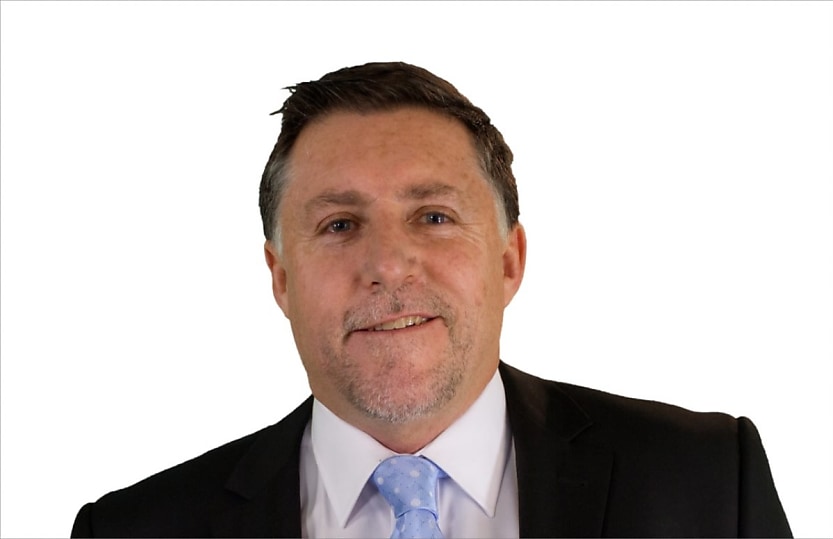Accountants ‘ill prepared’ for tighter client ID regime

The next phase of anti-money laundering rules will raise the bar on verification to comply with global standards but many practices are unaware of the requirements.
Accountants will soon be subject to the next phase of anti-money laundering regulation and should be acting now to instal client ID verification or get caught out, says payment software specialist FeeSynergy.
The so-called Tranche 2 rules will expand the anti-money laundering and counter terrorism financing (AML/CTF) regime beyond the financial sector to encompass accountants, lawyers and real estate with strict requirements for client verification and document checks.
The regime will be policed by Australian Transaction Reports and Analysis Centre – AUSTRAC – and is expected to be phased in from early next year.
“Overwhelmingly they say, ‘What are you talking about?’ ”
'''[vHe said many resented “another impost on their business” but the AML regime was global and accountants should not wait for the requirements to be mandated because “you should be doing this stuff anyway”.
global credit bureau Equifax that “ticks all the boxes for current TPB and ATO identity verification compliance”.
It used facial recognition and government databases to verifiy that someone was a real person and the relevant document, typically a driver’s licence, was genuine and untampered.
“Biometrics and verification against government databases is absolutely going to be the gold standard,” Mr Ebb said.
“We’ve bought Equifax’s state-of-the-art technology into our platform so that our accounting and legal clients can initiate a proper identity verification process that will exceed what the TPB would be recommending.
“It will put our clients in a pretty good position for when AML Tranche 2 comes into play.”
“We're doing it because it made sense for us to it. Our clients were actually relieved that we were doing something about it because they use our platform already for engagement letters and for onboarding clients.”
He said the data was encrypted and the relevant database was held by Equifax, rather than on the accountant’s system. However, the FeeSynergy system kept a log of which clients had been verified to comply with AUSTRAC reporting requirements under Tranche 2.
It also identified Politically Exposed Persons – individuals who occupy a prominent public position or function in a government body or international organisation – and conducted sanctions checks.
The cost would typically be under $10 for each ID verification and the system
would launch on 15 August.
About the author







